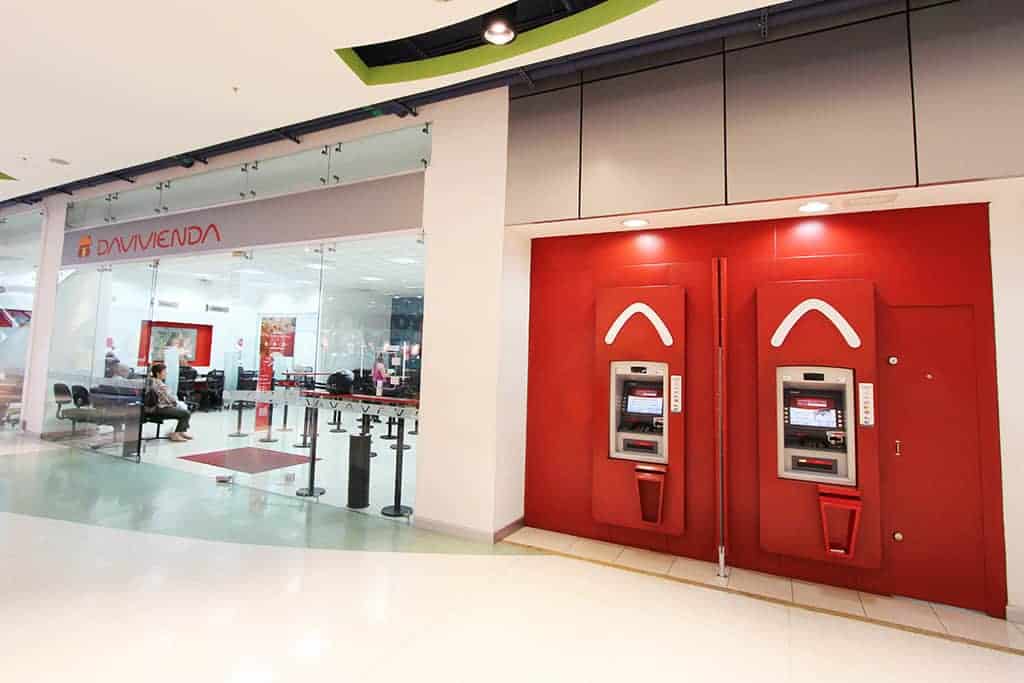Written by: Carolina Zepeda
Contxto – The startup accelerator, MassChallenge, recently conducted a study in Mexico that brings light to all the benefits that startups and corporations offer one another.
Big corporations provide stability, resources, the ability to quickly launch products into the market, plus a huge client base. Nevertheless, startups may have more answers when it comes to quick, low-cost and innovative solutions to everyday business problems.
If these entities can do all these things separately, simply imagine what corporations and startups could accomplish if they worked together.
In Summary
MassChallenge is known in Mexico for giving startups a boost and helping them grow internationally while partnering with global companies.
The study “Partnering for Innovation: the State of Corporate-Startup Collaboration in Mexico” was conducted from April 2017 to August 2018. Readers will find 16 in-depth interviews and six surveys with people from Mexico-based corporations such as Coca-Cola, Aeroméxico, Ford, and Microsoft.
90 percent of the interviewed corporations said they are currently seeking startup collaboration. According to the report, some of the most prominent ways of working with startups include holding conferences, hosting hackathons and presenting venture capital investors.
In-Depth
Based on this, MassChallenge came up with four relevant factors in corporate-startup interactions:
- The reasons why corporations work with startups
- The different stages of collaborations
- The criteria corporations use to decide which startup to collaborate with
- The challenges corporates face when looking for these collaborations
Reasons why corporations work with startups
The findings revealed the four main objectives of corporations for working with startups. These include solving business problems, diving into new markets, renovating corporate culture and, marketing and positioning the brand as an innovator.
Of the four objectives mentions above, solving business problems is the main reason why corporate-startup collaborations take place.
Different stages of collaborations
According to the study, there are three plausible stages for companies when it comes to interacting with startups. These stages are defined by the ideas, structure, and experience of the corporations.
- Stage 1 – Explorer: In this stage, companies have no designated strategy and no experience working with startups.
- Stage 2 – Builder: Here, companies can either have a strategic idea it would like to implement. Conversely, they may have a team dedicated to innovation or they already have clear ideas and already in the early implementation stages.
- Stage 3 – Leader: Companies have structure, well-defined ideas and implemented strategies to work with startups.
Most of the companies surveyed where currently in the builder stage.
Criteria corporations use to decide with which startup to collaborate
45 percent of participating companies were only looking for a startup related to their main business industry. The other 55 percent were looking into various other industries. The reason for this is that corporations want to find disruptive technologies, or already work in different segments.
Also, companies tend to look for startups in the scaling stage when their client base and sales are growing.
Challenges corporates face when looking for this collaborations
The main challenge companies face when looking for startups is quality. Sometimes, a startup may have a groundbreaking idea that is simply difficult or impossible to achieve.
Even though Mexico’s startup ecosystem is developing at a fast pace, it is sometimes hard for corporations to find ones with viable ideas. Viability is pretty paramount when it comes to the investment stage.
Here are some tips to make that process easier for big companies:
- Rely on an accelerator or professional scouter
- Search startups based on the company’s objectives
- Immerse the company in the startup ecosystem
The process may take a while but it will be worth it. Startups offer big corporations innovation, technology, dynamic solutions to problems, not to mention creative marketing strategies. These can really make a difference and make a startup stand out from others.
The benefits both parties can get from working together are endless. Thanks to MassChallenge, now it is more possible to understand how and why corporations look for startups.






